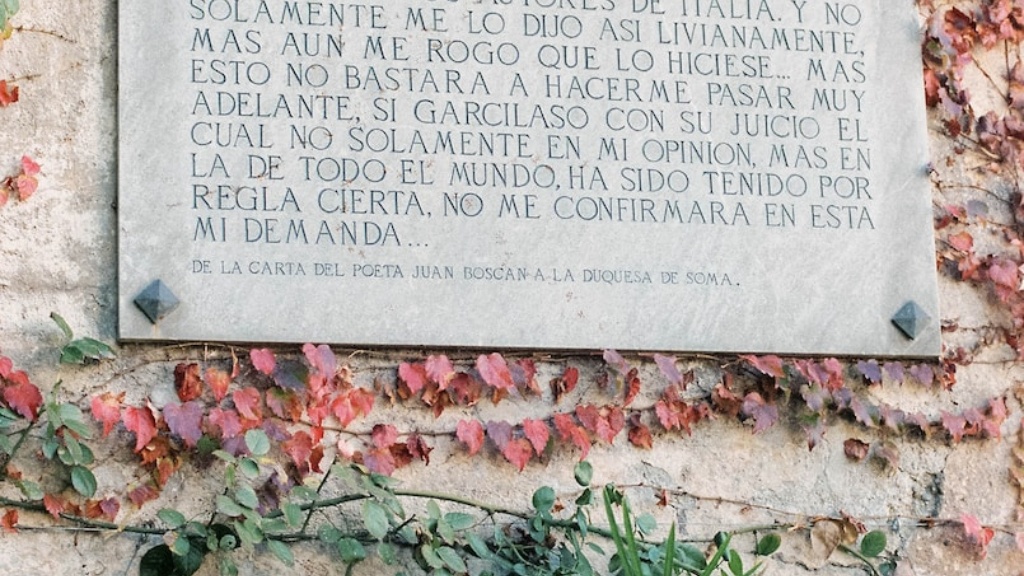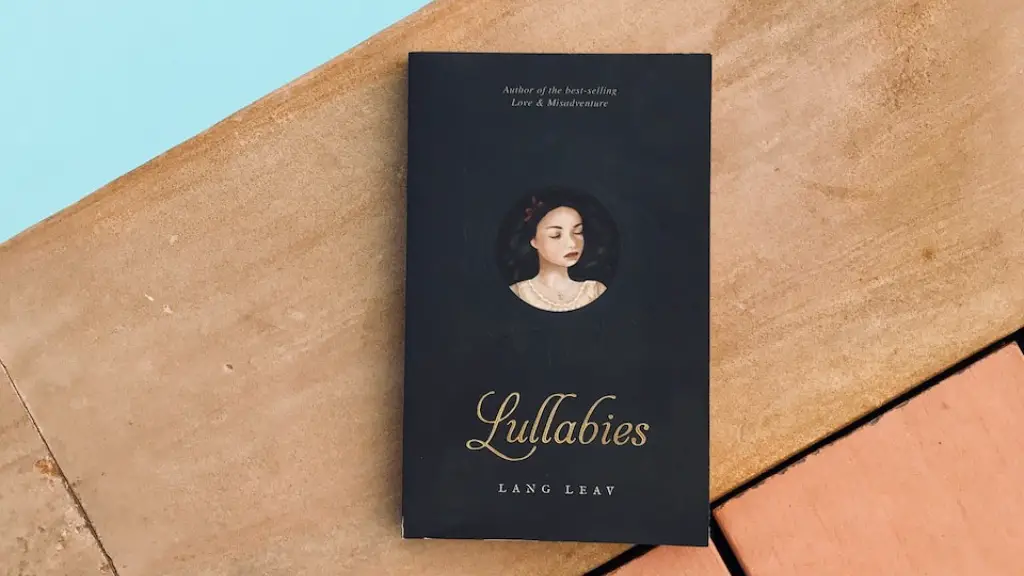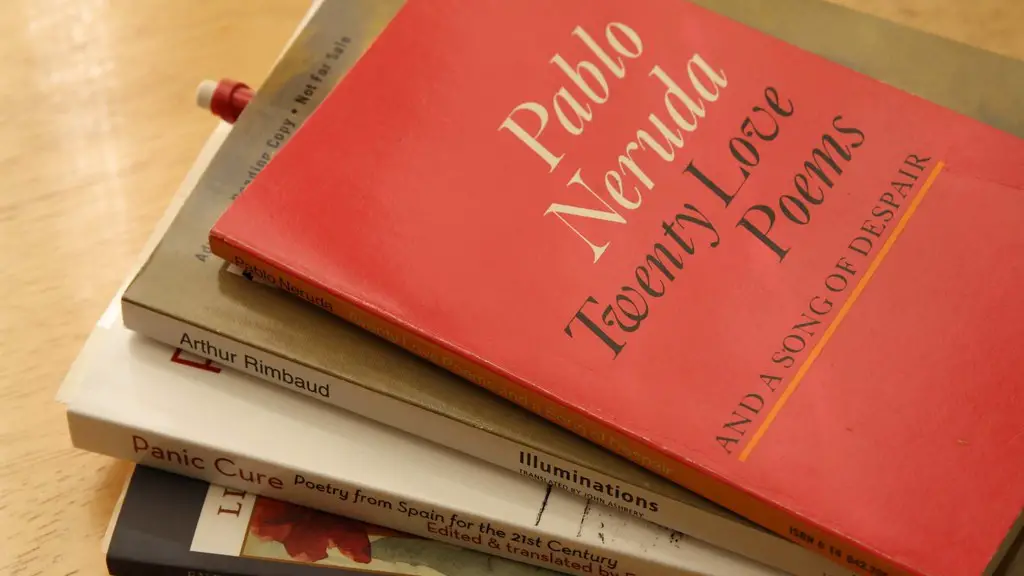Maya Angelou, née Marguerite Annie Johnson, was born on April 4, 1928, in St. Louis, Missouri, USA. She grew up in an environment heavily influenced by her grandmother’s African American roots and eventually moved to San Francisco during her youth. In her early 20s, Angelou was an active participant in the Civil Rights Movement, fighting for social change and working as a journalist and poet across various platforms. She wrote several books and essays, including her landmark autobiography, I Know Why the Caged Bird Sings, in 1969. Additionally, Angelou wrote poetry, screenplays, and numerous children’s books throughout her career.
In 1998, Angelou went on to receive an unprecedented string of awards and special recognition, including an honorary Doctorate of Humane Letters from universities across the US. In 2000, she was chosen to recite a poem at President Bill Clinton’s inauguration, making her the first African American to represent that honor. Her other accomplishments include recording several spoken-word albums and creating a scholarship fund for students of color.
Throughout her life, Angelou was an advocate for whatever cause she believed in. She was a beacon of strength and knowledge, inspiring generations with her powerful writing and charismatic public speaking. In 2011, Angelou was presented with the Presidential Medal of Freedom from President Barack Obama. On May 28, 2014, Angelou passed away at her home in Winston-Salem, North Carolina at the age of 86.
Where Was Angelou Raised?
Angelou was raised in various settings, including the rural town of Stamps, Arkansas, and the bustling city of San Francisco, California. While living in Stamps, she attended the Missionary Baptist Church and stayed connected with her parents until her mother left when Angelou was only three years old. In Stamps, Angelou was raised by her grandmother within a loving, rural community and was exposed to the customs of the time.
In her teens, she returned to her mother in San Francisco, where her role as a young African American in a generous but pervasively racist society further shaped her identity and creative drive. Living in San Francisco also allowed her to secure a role as a streetcar conductor, becoming one of the first African American women to secure that position.
Angelou continued to move around during her later years, traveling to Ghana in the early 1960s and later settling in North Carolina to research her writing. Each of Angelou’s early homes contributed to her identity and her writing, and Angelou connected every home of hers with a sense of personal loyalty throughout her life.
Was Maya Angelou Involved in the Civil Rights Movement?
Yes, Maya Angelou was heavily involved in the Civil Rights Movement. In the 1950s and 1960s, Angelou dedicated herself to the cause by working in various positions, such as educator, journalist, and poet. For example, she served as the director of the Southern Christian Leadership Conference’s newspaper, The Arab Observer, and wrote for various magazines, including the African Review and Pride, a magazine for African American women.
Angelou also actively participated in various Civil Rights rallies, marches, and sit-ins from the mid-1950s to the late 1960s, such as the Prayer Pilgrimages in 1957 and the Job Corps’ rally in Washington in 1963. She worked alongside Civil Rights activist Malcolm X and other major Black leaders of the time, including Martin Luther King Jr. and Rosa Parks.
Angelou’s contributions to the Civil Rights Movement were further conceptualized in her poetry, which reflects the themes of perseverance, dignity, and freedom through adversity. Her work captured the plight of the African American struggle during her lifetime, and she was honored for her civil rights activism until her passing.
Which Works Did Maya Angelou Produce?
Maya Angelou produced an impressive collection of work throughout her life. Her autobiography, I Know Why the Caged Bird Sings, was her most widely-acclaimed piece and won her both the National Book Award in 1972 and a Pulitzer Prize nomination in 1971. Other books and essays include Gather Together in My Name and Just Give Me a Cool Drink of Water ‘Fore I Die.
Angelou also wrote poetry, receiving the Emmy for the list poem, On the Pulse of Morning, which she recited at President Bill Clinton’s inauguration in 1993. Angelou’s poetry further explored themes of oppression, faith, pride, and race. Additionally, Angelou wrote several screenplays and magazine articles, wrote and recited several spoken-word albums, as well as illustrated more than twenty picture books for children.
Where was Maya Angelou Born?
Maya Angelou was born on April 4, 1928, in St. Louis, Missouri. She was born Marguerite Annie Johnson to Bailey and Vivian Johnson, who divorced shortly after her birth. After her parents separated, her grandmother took her and her older brother in and raised them in the rural town of Stamps, Arkansas.
From her childhood in Stamps and her later life in San Francisco, Angelou was exposed to many different environments, classes, and cultures, all of which eventually influenced her art as well as her advocacy. As an adult, Angelou traveled to Ghana, Africa in the early 1960s, and eventually settled in Winston-Salem, North Carolina, before her passing in 2014.
What is Maya Angelou’s Legacy?
Maya Angelou’s legacy is her powerful, poetic works that capture the African American experience during her lifetime. Her works took on various forms, from poem recitals to essays and poetry to books, ranging from autobiographical works to children’s books. Throughout these works, Angelou highlights themes of racial identity, civil rights, faith, perseverance, and pride.
Angelou’s legacy also includes her activism and public service, as she worked both in the Civil Rights Movement and as a literary advocate. During her lifetime, Angelou received the Presidential Medal of Freedom and the Lincoln Medal, among numerous other awards. Yet in death, her legacy has survived her. There are schools named after her, numerous awards and programs founded in her name, and an expansive archive of her poetry and prose to ensure her legacy lives on.
What is the Impact of Maya Angelou’s Work?
The impact of Maya Angelou’s work is undeniable. Angelou wrote about the African American experience from the perspectives of empowerment and self-love, which was groundbreaking for its time. Her ability to intertwine autobiographical elements into her works made her narratives more relatable, which has influenced generations of readers, writers, and activists.
Angelou’s works encouraged her readers to normalize conversations surrounding race, and her writings on civil rights and civil disobedience need no further introduction. From her career in journalism to her work in education, Angelou’s dedicated activism and prolific writings have drawn support and approval worldwide.
Angelou’s early works have been adapted into movies and celebrated on Broadway, while her later works have since inspired countless books, podcasts, and other creative projects. Her works have also appeared in various collections and anthologies and continue to be taught in classrooms around the globe.
What was Maya Angelou’s Last Work?
Maya Angelou’s last work before her passing was a poem, entitled A Brave and Startling Truth, which was dedicated to the United Nations’ 50th anniversary. Angelou wrote and recited the poem at the 1995 United Nations’ fiftieth anniversary ceremony, in celebration of the organization’s dedication to international peace.
The poem reflected many of the issues Angelou discussed throughout her works, including faith, human rights, and peace. Its theme of uniting the world united the international audience at the ceremony, and it was a fitting representation of the spirit of unity and peace Angelou conveyed in her work and activism.
What Books Did Maya Angelou’s Write for Children?
Maya Angelou wrote more than twenty children’s books, ranging from autobiographical pieces to inspiring stories. Titles include I Know Why the Caged Bird Sings, My Painted House, My Friendly Chicken, and Me; I Thought My Soul Would Rise and Fly; and Merzey’s Lake, among various others.
Angelou wrote with the intention of inspiring generations. Her children’s books, in particular, were designed with the hopes of allowing young readers the opportunity to explore issues pertaining to identity and race. Her works provide ongoing insight into the struggles of African Americans while also emphasizing the power of education and the strength to persevere.
Angelou also illustrated many of her own books as a way of making her works more relatable to children. As a mother and grandmother, she wanted to use her writing as a way of engaging young readers in the themes she so frequently explored throughout her writing career.





